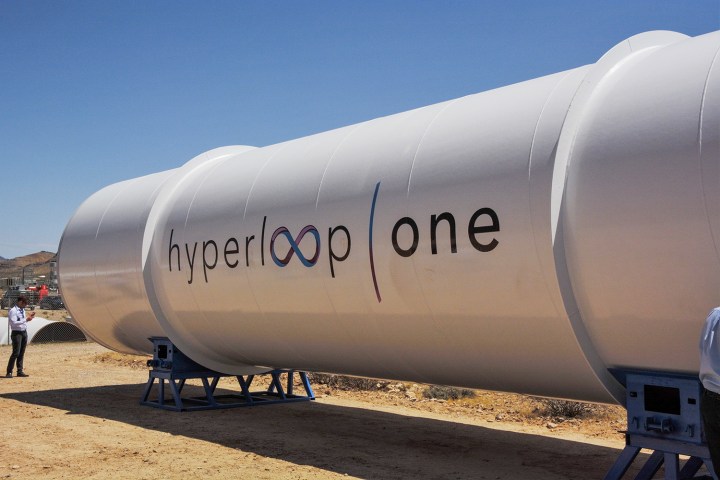
On Tuesday, Hyperloop One co-founder Shervin Pishevar announced the company’s new partnership with the Summa Group, a Russian port and oil business. “We are excited for the partnership between the Summa Group, the Russian government, and Hyperloop One to construct a Hyperloop in Moscow,” said Pishevar in a statement. The Summa Group is owned by billionaire Ziyavudin Magomedov, said to be the 41st richest man in Russia.
In the long term, the co-founder noted, the goal of such a collaboration would be “to work with Russia to implement a transformative new Silk Road: a cargo Hyperloop that whisks freight containers from China to Europe in a day.” Magomedov added that the Hyperloop in Russia could also aid in China’s dream to connect itself to Europe, Africa, and more of Asia. Said the billionaire, “In the long term, Hyperloop could catalyze the development of regional economic integration, including the Eurasian Economic Union and the Chinese initiative ‘One Belt, One Road.'”
While there are certainly a number of obstacles to be overcome before realizing a seriously supercharged method of hurtling across miles and miles of terrain, this latest partnership suggests that Hyperloop is increasingly considering building its transportation system outside of the U.S., despite its Los Angeles home base. After all, there may be fewer regulatory restrictions with which to comply.
Already, there are feasibility strategies for the Hyperloop One in Finland, Sweden, the Netherlands, Switzerland, Dubai, and the United Kingdom (as well as its native L.A.). So one day soon, we may finally be able to get place in a hyper jiffy.


